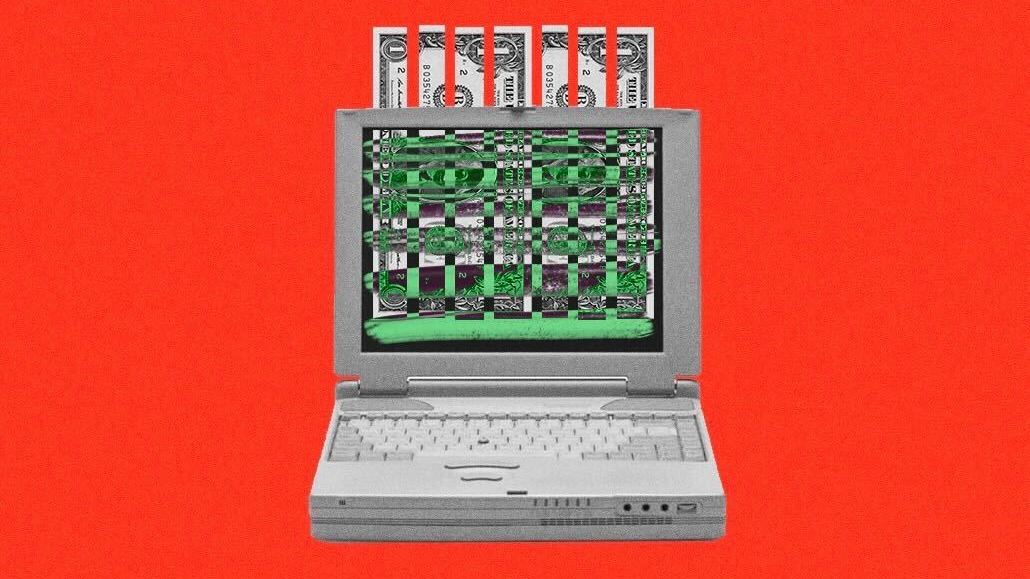Secure your place at the Digiday Media Buying Summit in Nashville, March 2-4
PubMatic debuts Activate, as the line between demand- and sell-side players continues to blur

Supply-path optimization, or SPO, has been one of the key themes in ad tech in recent years, as demand for more efficiency sets in and the curtain closes on ad tech’s initial halcyon days.
The latest gambit in this trend is PubMatic’s launch of Activate, an offering that promises advertisers a more direct route to market, and (equally) more revenue for publishers through the reduction of players in the supply chain.
Although, will the launch risk raising the ire of its demand-side platforms amid a series of moves that some interpret as an escalation of rivalry between traditional partners?
What’s new?
The supply-side platform has announced the launch of Activate, an offering that lets buyers “execute non-bidded direct deals on PubMatic’s programmatic platform” to access video inventory, including connected TV.
Initial launch partners include media owners Fubo and LG Ads, with buy-side participants including Mars plus media agencies Dentsu, Havas and Omnicom in Germany, among others.
PubMatic is positioning Activate as “a single layer of technology that directly connects buyers and sellers of digital media” via private marketplace or programmatic guaranteed deals made possible via its 2022 purchase of DSP Martin. This means that buyers can log in directly to the SSP and book their ad campaigns, a contrast to the more orthodox method of programmatic media buying via DSPs.
In a press release, PubMatic CEO Rajeev Goel positioned the launch as its latest move to meet buyers’ and sellers’ demands for better pricing transparency in a sector of the market that has grown reliant on “outdated transaction methods.”
“We are significantly reducing the hops, discrepancies, data proliferation, opacity, and complexity in the programmatic marketplace,” he is quoted as saying. “This will result in higher ROI for buyers and increased revenue for publishers.”
The details …
In a conversation with Digiday, Goel claimed Activate represents the potential for $65 billion in incremental revenue for PubMatic, which is scheduled to issue its first quarter earnings call on May 9.
“That’s $37 billion of CTV [ad buys] … and $28 billion of online videos that’s transacted via I/Os,” he said, adding that this latest launch is geared toward drawing more ad dollars into the programmatic ecosystem.
Per PubMatic’s assessment, non-programmatic insertion orders accounted for approximately 60% of CTV and 18% of online video transactions in 2023, the SSP also introduces Activate at the same time as rival Magnite unveils a similar offering in ClearLine.*
Do such developments represent a proxy war?
The ongoing wave of SPO has similarly seen DSPs forge their own alliances (arguably, the most high-profile example is The Trade Desk’s OpenPath), with some interpreting such maneuvers as indicative of the escalating rivalry between such market participants.
Goel appeared unperturbed when asked if PubMatic had any concerns as to whether or not DSPs will stop trading with the SSP for any perceived “sidestepping” through the launch of Activate.
“This is unequivocally good for DSPs in that we are growing the programmatic ecosystem with Activate by bringing budgets in that are [currently] sitting outside of what gets transacted via a DSP,” he said.
Speaking separately, Tom Grant, svp and group director of investment operations at Havas, confirmed to Digiday that working more directly with SSPs has led the media agency to explore how it can access audience data differently to how it has done in the past.
“I think that we’ve all seen that since we’ve started measuring things like carbon emissions [generated in ad campaigns] that the whole ad tech ecosystem is incredibly bloated. So, you have these companies building single-stack solutions,” Grant said.
“I think both DSPs and SSPs don’t want to, publicly at least, be shown to be directly taking away the other person’s business,” he added. “So, everyone’s got an angle … going for direct buys rather than going for core programmatic [campaign] buys.”
* Correction: An earlier version of this article stated that Magnite’s ClearLine runs solely on its ad server SpringServe. A spokesperson has since contacted Digiday claiming that ClearLine is ad server-agnostic and that publishers are not limited to SpringServe.
More in Media

From feeds to streets: How mega influencer Haley Baylee is diversifying beyond platform algorithms
Kalil is partnering with LinkNYC to take her social media content into the real world and the streets of NYC.

‘A brand trip’: How the creator economy showed up at this year’s Super Bowl
Super Bowl 2026 had more on-the-ground brand activations and creator participation than ever, showcasing how it’s become a massive IRL moment for the creator economy.

Media Briefing: Turning scraped content into paid assets — Amazon and Microsoft build AI marketplaces
Amazon plans an AI content marketplace to join Microsoft’s efforts and pay publishers — but it relies on AI com stop scraping for free.









